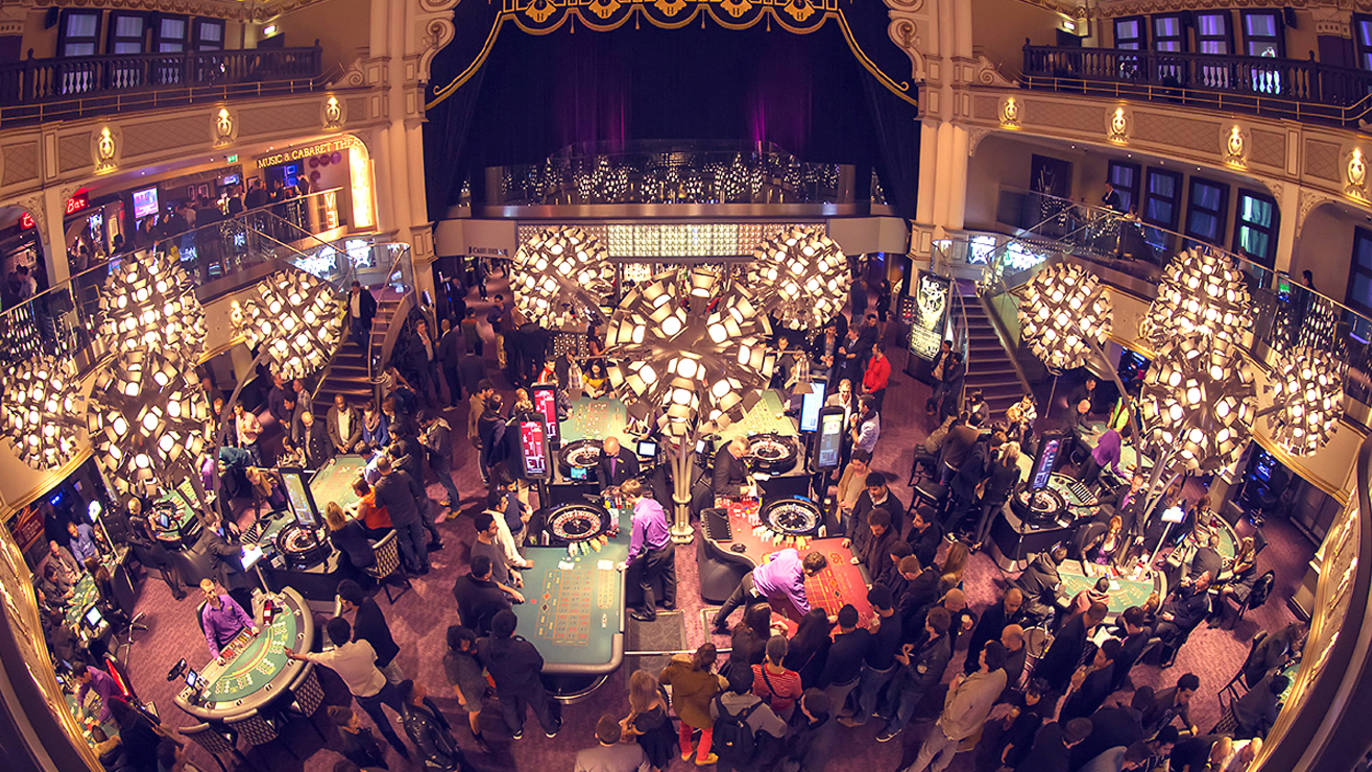
Casino entertainment have long been a engaging form of entertainment, drawing countless of players from different cultures around the globe. From the opulent casinos of Las Vegas to the thriving gambling halls of the Cotai Strip, these games serve as a bridge that connects people across a variety of backgrounds. The allure of luck, tactics, and uncertainty entices not only those seeking to gamble for profit but also those in search of a shared experience.
The influence of casino games extends well beyond the gaming floor. They often embody the social norms and principles of the communities in which they flourish. Games such as seven-card stud, 21, and the spinning wheel have integrated into the tapestry of cultural phenomena, influencing everything from cinema to fashion. As we explore this fascinating intersection of luck and society, we can gain insights into how casino games shape and are affected by the world around us.
Historical Evolution of Casino Activities
The origins of casino activities can be followed back to historical cultures, where betting in different forms was extensively engaged in. In the East, around two thousand three hundred years before Christ, a form of lottery known as Keno was well-known, while in ancient the Roman Empire, soldiers would frequently bet on the consequences of their contests. The notion of using luck for entertainment and profit developed over the years, leading to the establishment of more structured activities. By the final Middle Ages, betting houses began to appear in Europe, especially in Italy, which brought forth early forms of well-liked activities still practiced today.
As gambling gained popularity in Europe, the 17th and 18th centuries saw the emergence of gambling establishments as dedicated venues for gambling. The initial official gaming venue, the Ridotto, was established in the city of Venice in sixteen thirty-eight, featuring activities like Baccarat games and Faro games. This era marked a crucial turning point, as casinos commenced to draw not just the high society but also the burgeoning middle-income class. The complexity of activities evolved, leading to the development of new regulations and versions that enhanced the play experience.
In the 19th century, the industrial revolution and transformations in social norms additionally transformed the landscape of gambling activities. NHÀ CÁI MM88 The introduction of the game of roulette and modern slot machines drew a more diverse clientele, and gaming houses became seen as legitimate entertainment. This time witnessed the globalization of gaming, as gambling houses spread from the continent to the Western Hemisphere, culminating in the establishment of the iconic Las Vegas Boulevard in the 1900s. The progress of casino games has persisted into the current era, including technology and digital platforms, making them open to a global market.
## Cultural Significance in Diverse Cultures
Gambling games have profound social value within numerous societies across the world. In Las Vegas, the very core of the urban landscape is woven around gaming venues, where playing is not just a hobby but a central aspect of leisure and social interaction. The bright lights and lively atmosphere attract millions, showcasing how casino games can shape local economical structures and local cultures. This surrounding transforms the notion of recreation into an enriching experience that influences style, melodies, and even film.
Conversely, some cultures treat gambling with greater care, considering it through the lens of ethical considerations and heritage. A case in point, in various Oriental communities, games like Mahjongg and Pai Gow Gambling are full of history and possess significant social relevance. These games are often played during meetings and celebrations, fostering collective connections and reinforcing familial ties. The act of participating in these games goes above mere leisure, reflecting values such as respect for elders and the significance of collective enjoyment.
Meanwhile, in Western countries such as the principality of Monaco and Italy, gambling activities serve as symbols of luxury and refinement. The elegant atmosphere of these establishments attracts both tourists and residents, upholding a sense of status and rarity. The art of the game of poker and the strategic features of games like baccarat are celebrated, molding social dynamics and cultivating an allure that enthralls a diverse audience. This emphasizes how casino games can simultaneously echo and shape cultural perspectives towards danger, gain, and social interaction.
Economic Impact and Tourism
Gambling activities play a important role in the economic landscape of many areas, particularly those that rely heavily on visitor traffic. The revenue produced from gambling establishments fuels local economies, creating employment opportunities not only within the casinos themselves but also in connected industries such as hotel management, restaurant services, and recreation. This surge of tourists, drawn by the allure of gambling and the overall casino experience, stimulates expenditure across multiple local enterprises, contributing to the economic health of the region.
The presence of casinos often leads to the construction of infrastructure, including lodging, public transit, and leisure amenities. These developments are essential in improving the overall visitor satisfaction, making destinations more attractive to tourists. Additionally, many casinos contribute in local communities through sponsorship of events and charitable activities, further integrating themselves into the community structure of the region. Such investment not only supports economic growth but also cultivates a positive reputation of the gambling sector.
Furthermore, the global popularity of casino games drives tourism competition, with locations vying to attract players from around the world. Iconic locations like Las Vegas and Macau have become synonymous with casino culture, drawing millions each year. This competitive edge encourages innovation and diversification within the gambling sector, influencing trends in leisure and accommodation that resonate beyond their borders. NHÀ CÁI MM88 The ripple effects of this tourism extend wide, impacting local financial health and cultural exchanges on a global scale.
